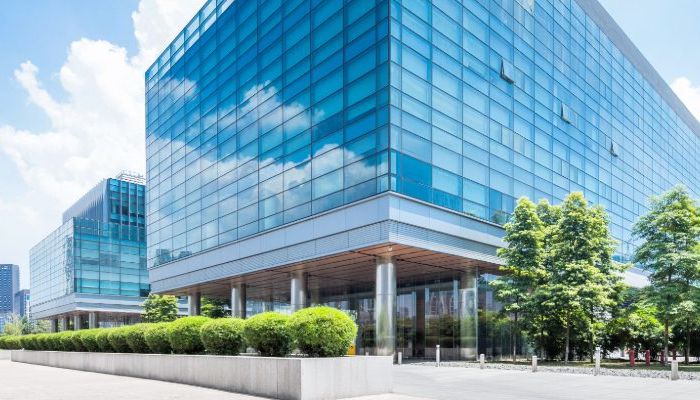Many organizations began the work from home phase of their COVID-19 pandemic response in early to mid-March and have developed effective remote working strategies that have enabled them to continue to move their businesses forward as best they can. No one knows exactly how our workplaces will operate as the return to the workplace begins in the coming months and quarters but it’s time to start thinking about how we will all emerge.
FM:Systems conducted a webcast last week with JLL focused on the Future Fit Office and this term might mean something completely different than it did just a few months ago. One thing for sure is that organizations are beginning to plan and think outside the box how best to lead the return to the workplace as we emerge from this pandemic. We polled our audience last week with the question “How likely is it that your business will introduce additional measures to protect and improve employee health and wellbeing”. Unsurprisingly, 94% of responders indicated that their organizations were either highly likely or very likely to institute change.
“We need to look at how we rebalance our workstations and the use of individual workstations vs. shared settings and amenities such as cafeterias. What do those look like? What are those optimal distances and ratios between those spaces and how can we increase the agility to respond to changing employee needs and evolving employee needs to build that trust and ensure that employees are safe and healthy in the workplace?”
– Michael Gresty, VP of Workplace Analytics, FM:Systems
From a facilities perspective there are several areas that we will be exploring over the coming months with FM:Systems solutions to specifically target these areas including:
- Space Planning and Management – Many organizations will be exploring how they can better utilize their workplace layouts to maximize social distancing while minimizing unnecessary employee interaction. Additional alternative ways of using workstations may be employed including the use of reservation systems that limit when and where occupants can sit as well as provides the ability to track utilization.
- Sanitation – in order to keep the workplace safer and healthier for occupants, regular managed processes and staff will be key to ensuring that workstations are sanitized properly before and after use.
- Contamination Mitigation – In the event that an occupant is determined to be infected with COVID-19, organizations need to be prepared to understand when and where these occupants interacted with space, assets such as computers and office equipment as well as other employees including paths traveled and adjacent spaces which may have been infected.
“Let’s focus on resilience in our business operations. Resilience is getting things back to where they were or keeping them in a steady state. We need to focus more on adaptability. How do we adapt for what’s going on now and for the road ahead of us? I think challenging ourselves that we can’t use yesterday’s logic and that we can’t use yesterday’s way of utilization in managing our workplace is an important factor.”
-Eddy Wagoner, CIO, JLL Technologies
Leading solutions such as the FM:Systems portfolio of facilities management products can help organizations better prepare for a return to the workplace in the coming months. With these solutions, organizations can improve workplace effectiveness, and become future fit, by leveraging data analytics and IoT technologies that make the collection and tracking of space utilization data easier, more automated, and more accurate than ever before.










